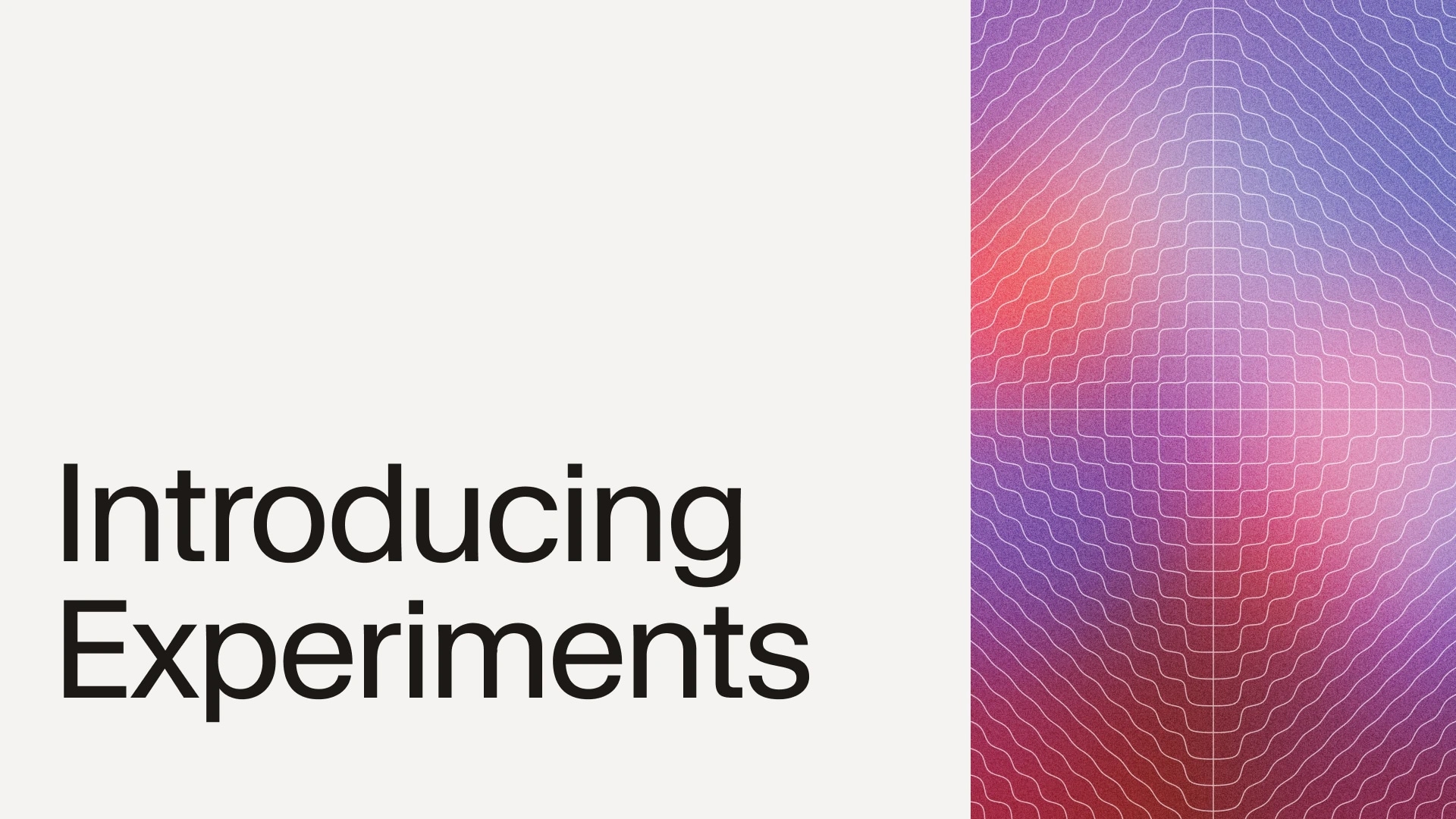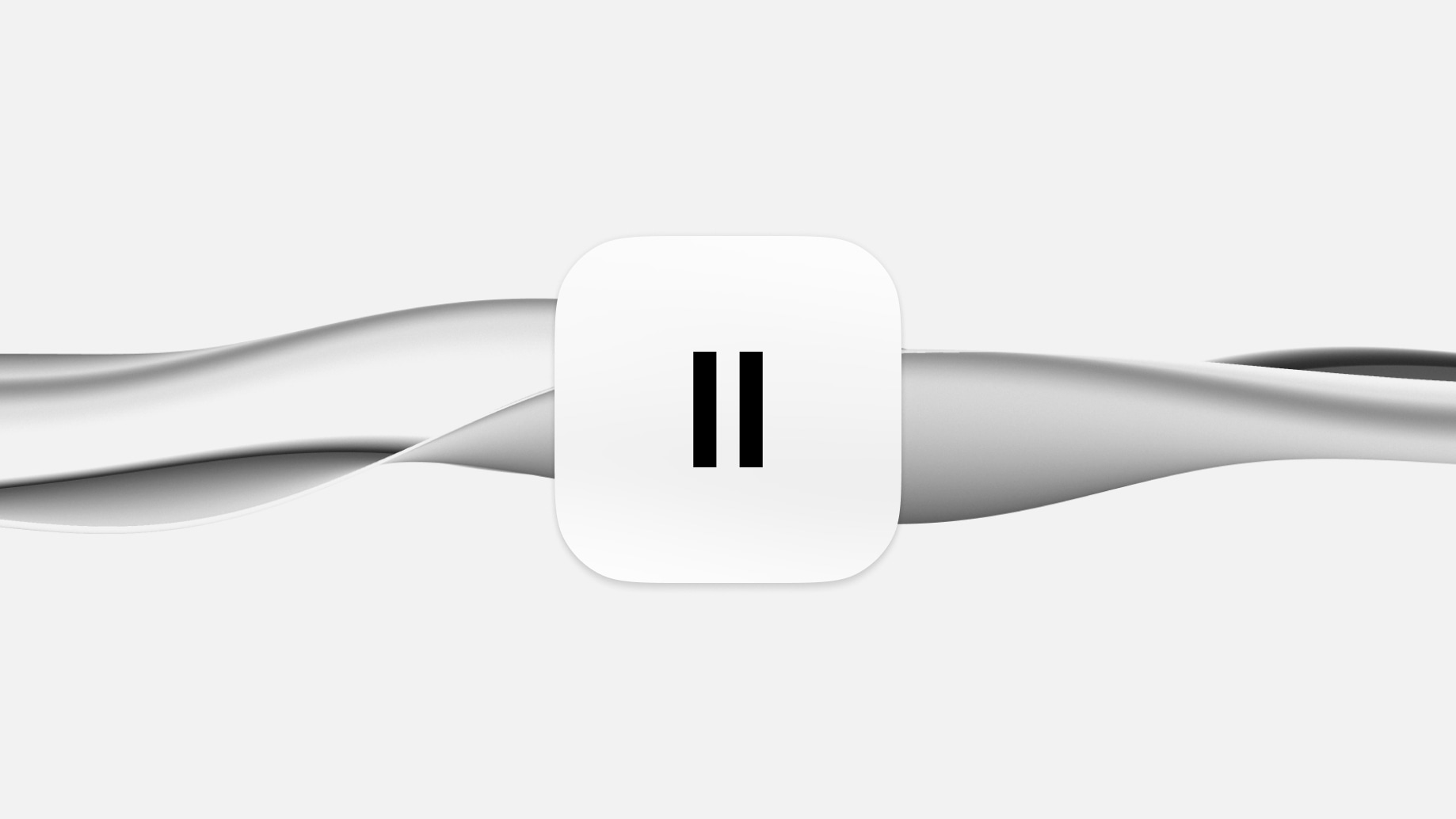
Hur genererar man tal på flera språk?
Att tala flera språk eller dubba är inte längre något som bara polyglotter eller professionella röstskådespelare kan göra
Introduktion
Att tala flera språk eller dubbning är inte längre något som bara polyglotter eller professionella röstskådespelare kan göra. Tack vare framsteg inom artificiell intelligens (AI) och maskininlärning är det nu möjligt att generera syntetiskt tal på en mängd olika språk. Denna teknik förändrar hur vi interagerar med innehåll och gör det möjligt för individer och företag att nå ut till publik över hela världen.
Punkter:
- Modern AI möjliggör syntetiskt tal.
- Flerspråkig text-to-speech teknologi.
- Fördelarna med röstdesignteknologi.
- Voice cloning-teknologi för en personlig touch.
- Etiska överväganden för voice cloning.
- AI-dubbningens framväxt.
Kraften i modern AI
Framstegen inom AI och maskininlärning har gjort det möjligt att skapa syntetiskt tal som är jämförbart med mänskligt tal. Denna teknik ger användare möjlighet att skapa innehåll som engagerar lyssnare, oavsett språk, med en mer tillgänglig, personlig och uppslukande upplevelse.
Lås upp språk med flerspråkig Text-to-Speech
Flerspråkigtext-to-speech öppnar upp en värld av möjligheter. Genom att utöka räckvidden för ditt innehåll kan det hjälpa skapare att nå internationell publik. Och när det kombineras med voice cloning-teknologi, möjliggör det till och med skapandet av röstinnehåll på flera språk samtidigt som talarens unika röstegenskaper bevaras.
Friheten med röstdesign
Vår röstdesignteknologi erbjuder syntetiska röster som varierar i accent, ålder och könspreferenser. Möjligheten att finjustera din röst ger en extra nivå av personalisering och säkerställer att voice-over perfekt matchar ditt innehålls ton och publikens demografi.
Den personliga touchen med Voice Cloning
Voice cloning-teknologi optimerar inspelningstiden samtidigt som innehållet kan uttryckas med författarens röst. Detta innebär en mer personlig koppling till publiken och möjligen ökad informationsretention. Det är också ett effektivt sätt att behålla konsekvens över flera språk.
Etiken kring Voice Cloning
Även om voice cloning erbjuder betydande fördelar är det viktigt att hantera det ansvarsfullt. Det är säkrast att klona din egen röst, eftersom du bara bör klona röster du har rätt att använda. Respekt för integritet och samtycke bör alltid vara i fokus vid användning av sådan teknologi.
Framtiden med AI Dubbing
Flerspråkig text-to-speech och voice cloning-teknologi utgör byggstenarna för AI-dubbning, ett annat spännande område vi utforskar på ElevenLabs. Vårt kommande AI-dubbningsverktyg kommer att göra det möjligt för dig att konvertera talat innehåll till ett annat språk samtidigt som den ursprungliga talarens röst bevaras, vilket ger en extra nivå av autenticitet till flerspråkig kommunikation.
Vanliga frågor
Utforska artiklar av ElevenLabs-teamet


Introducing Experiments in ElevenAgents
The most data-driven way to improve real-world agent performance.

